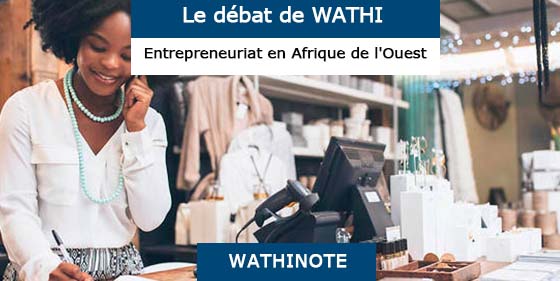

Author: Conrad Onyango
Site of publication: Quartz
Type of publication: Article
Date of publication: April 18th, 2022
Investments made into African female-led startups have grown by nearly seven-fold over the last three years, highlighting their potential to haul in investment, the latest analysis shows.
However, the volumes and values are still far lower than what male founders have raised in the continent’s buzzing startup ecosystem.
In their latest analysis of deals, Africa: The Big Deal, shows female techpreneurs have significantly raised the share of growth funds they attract—from $52 million in 2019, to $288 million by the close of 2021.
Funding to female-led startups in Africa is still extremely low when compared to male-led startups
The share of investments going to female-owned tech startups stood at about 6.5% in 2021, meaning that just $1 in every $15 raised in the African startup ecosystem goes to women-owned tech startups.
“Though incredibly low, it was much higher in 2021 than in previous years, both in relative and absolute terms,” according to the report.
East Africa’s largest economy now accounts for 41% of all funding raised by female CEOs in Africa, down from 2019 when it accounted for 61%.
“Kenya actually drives the overall numbers, though its weight is slowly decreasing,” said the Africa: The Big Deal report.
Two-thirds of $408 million was raised by just 10 female-led startups over the last three years and half of those startups were in Kenya.
Of the 10, South Africa and Nigeria were represented by two startups each, with one from Zimbabwe.
Several biases affect the ability of African female-led startups to attract funding
Most of these female-owned startups are concentrated in non-fintech sectors, which partly explains why they are attracting less funding.
“Women founders more often than not, are usually inclined towards sectors such as healthtech, edtech and sustainable technology which sometimes do not receive large amounts of investment. This can however change if the subsector is under the radius of investment”.
Underlying biases and beliefs by investors that women-driven ventures represents a riskier bet and fewer women in incubation programs were other factors making it difficult for female founders to attract investments.
A joint report by World Bank’s Africa Gender Innovation Lab (GIL) and research consultancy firm, Briter Bridges, dubbed, ‘In search of Equity; Exploring Africa’s Gender Cap in Startup Finance,’ also affirms these sentiments, saying even when they work in sectors with high investor interest, all-female teams are still less likely to receive financing than all-male teams – and they receive smaller amounts, even when they do receive financing.
Most of these female-owned startups are concentrated in non-fintech sectors, which partly explains why they are attracting less funding
Female-led startups are also less likely to be pitched for equity financing due to low confidence in their ability to pitch to investors on the growth prospects of their ventures. Instead, most of them follow different financing paths, with a preference for bank loans and retained earnings.
Some of the key focus areas would be developing the right recruitment strategy to reach the female founders, incorporating female industry mentorship and coaching to ensure support during their business lifecycle and post-program support to help them fundraise as their business evolves.
In 2021, African startups broke records, attracting over $4 billion in funding—more than doubling the investments hauled in 2020. That number is set to double again, with women-owned and led startups also likely to see a significant increase in funding.
Les Wathinotes sont soit des résumés de publications sélectionnées par WATHI, conformes aux résumés originaux, soit des versions modifiées des résumés originaux, soit des extraits choisis par WATHI compte tenu de leur pertinence par rapport au thème du Débat. Lorsque les publications et leurs résumés ne sont disponibles qu’en français ou en anglais, WATHI se charge de la traduction des extraits choisis dans l’autre langue. Toutes les Wathinotes renvoient aux publications originales et intégrales qui ne sont pas hébergées par le site de WATHI, et sont destinées à promouvoir la lecture de ces documents, fruit du travail de recherche d’universitaires et d’experts.
The Wathinotes are either original abstracts of publications selected by WATHI, modified original summaries or publication quotes selected for their relevance for the theme of the Debate. When publications and abstracts are only available either in French or in English, the translation is done by WATHI. All the Wathinotes link to the original and integral publications that are not hosted on the WATHI website. WATHI participates to the promotion of these documents that have been written by university professors and experts.
